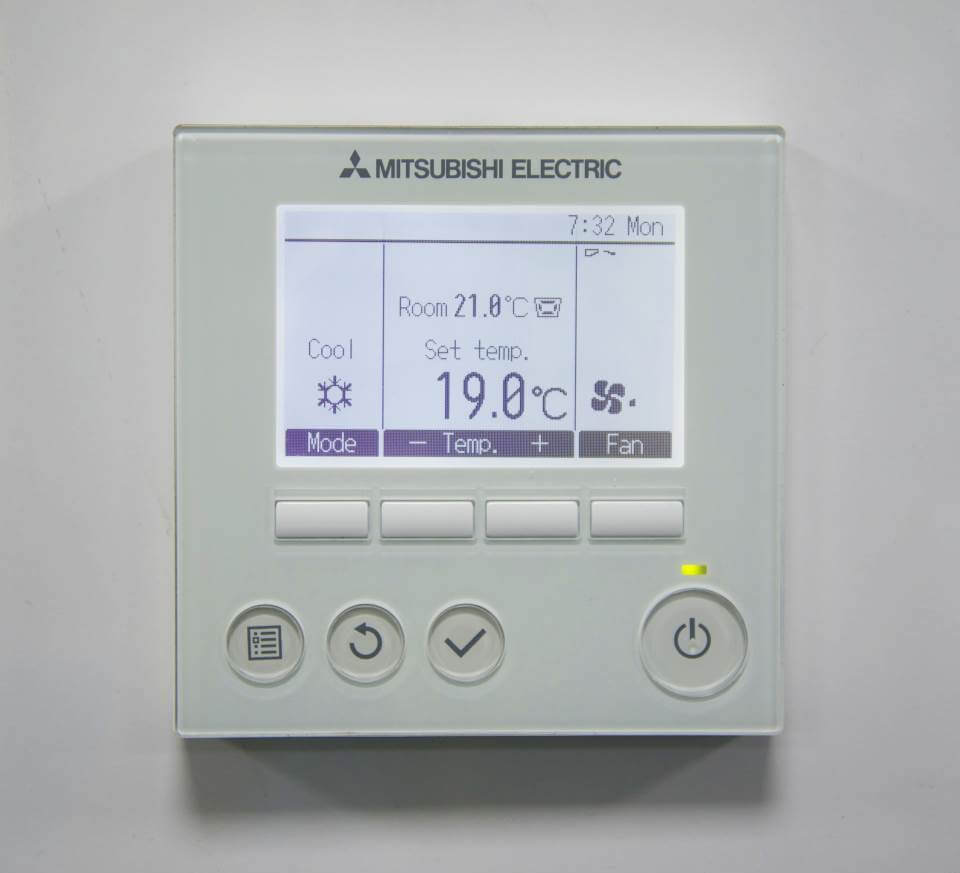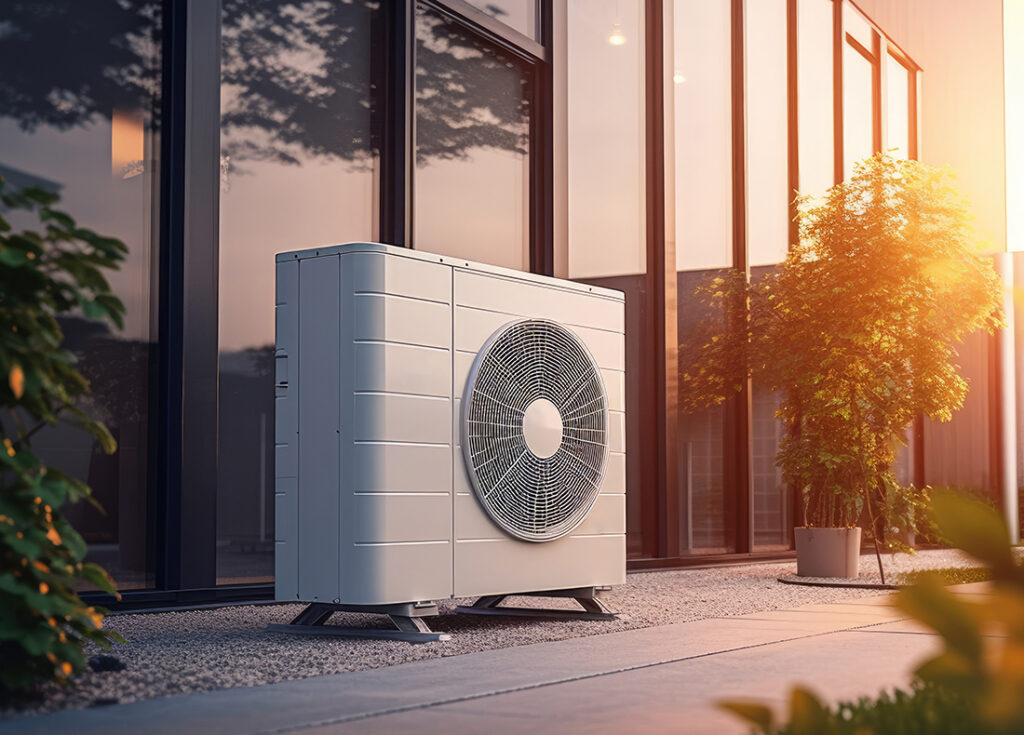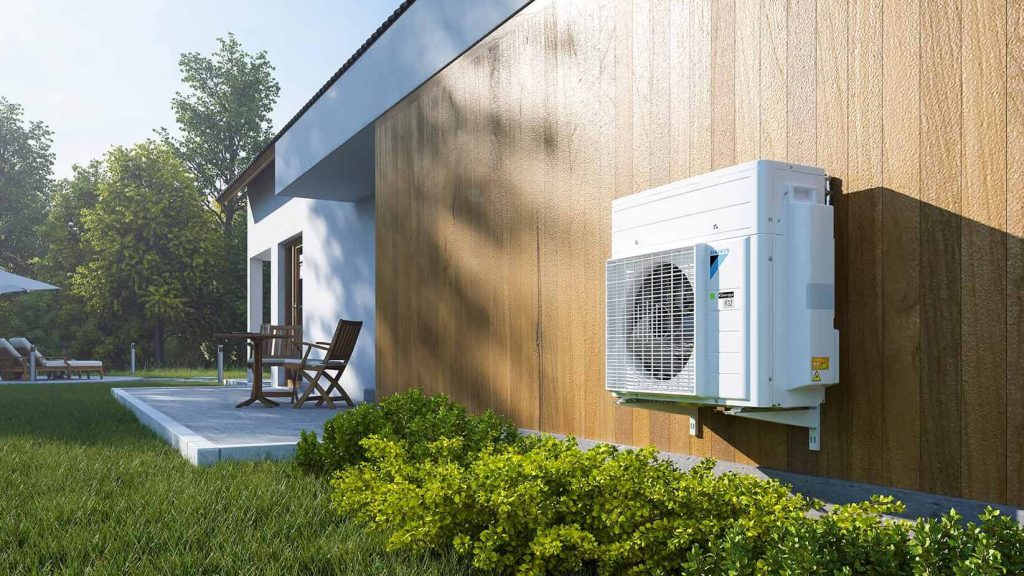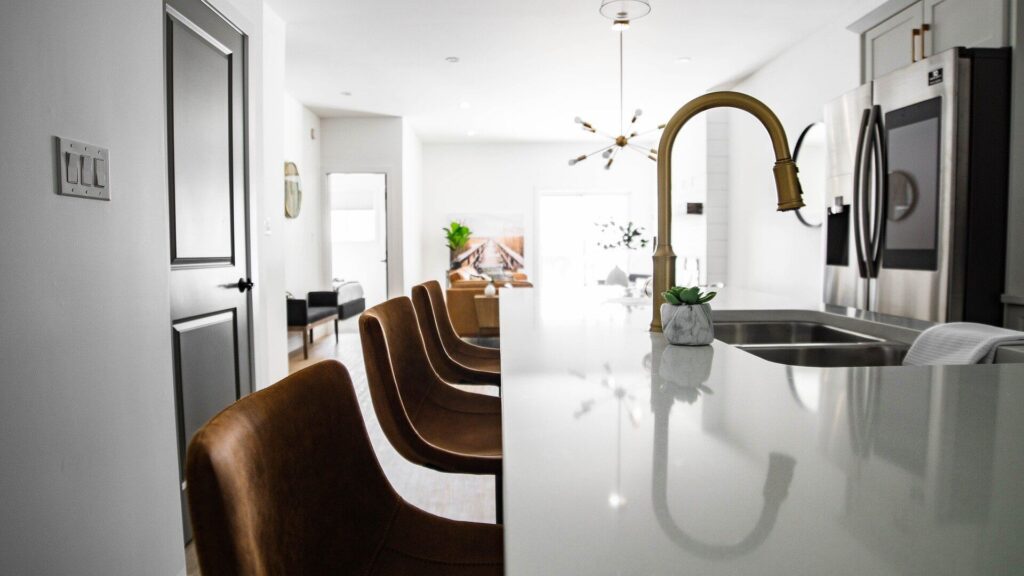Air Conditioning Facts and Myths That Will Blow You Away
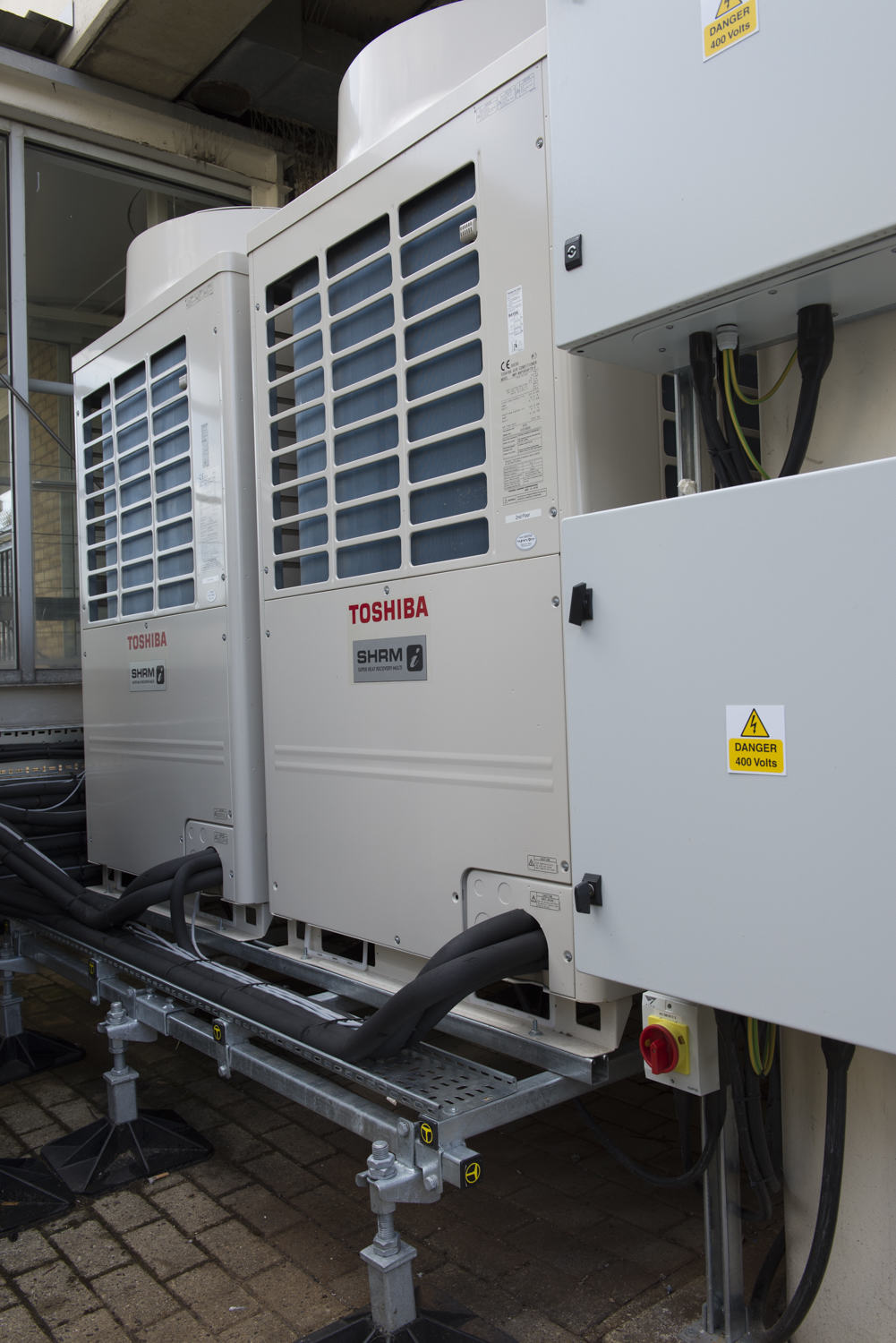
Estimated reading time 11 minutes
Did you know.... in this article we cover some of the many facts and myths that surround air conditioning. Air conditioning might seem like a boring topic and you may consider it’s just another invention that keeps us “comfortable” but it has a rich history and when you look closer it’s more interesting than you think.
Let’s start with some Air Conditioning FACTS
- Air Conditioning Cooling Through Evaporation. The use of “air conditioning” can be traced back as far as Egyptian times. There is evidence that AC was used to keep rooms cool by hanging wet reeds in windows in Egypt over 4,000 years ago. As the water on the reeds evaporated the air blowing through the window was cooled providing the interior with a cooler, more comfortable temperature.
- The Romans Invented Ductwork. Although we think of ductwork as a modern invention, archaeological evidence has shown that around 300 BC the Romans built an ancient heating system which comprised a hollow space under the floor of a building, known as a hypocaust (hypo meaning "under" and caust-, meaning "burnt" (as in caustic)). These spaces were connected to a furnace which would push hot air below the floor of a room.
- The First Electrical Air Conditioning. The first electrical air conditioner was invented by Willis Carrier (also known as the father of the modern air conditioner), a graduate of Cornell University in engineering). Carrier set about solving a humidity problem that was causing the Sackett-Wilhelms Lithographing and Publishing Company to lose books and manuscripts to mould that grew because of the hot, humid weather. Sackett-Wilhelms needed a system that would keep their storage spaces cool and more importantly dry. Carrier designed a system that controlled temperature and in turn also made the humidity in the room controllable. This was achieved by using cooling coils (filled with cold water) which could humidify or dehumidify air. Today’s AC systems work on the same/similar science to Carrier’s 1933 framework.
- Size Does Matter. The first air conditioning systems built were over 7 feet high, 6 feet wide and 20 feet in length. It wasn’t until 1931 that two inventors, H.H.Schultz and J.Q. Sherman designed the first individual room air conditioner which fit onto a window ledge. These units were sold a year later for $10,000 and $50,000 (that’s $120,000 and $600,000 in today’s money). This design is still used in the US today.
- Summer Blockbuster. Some of the first public places to have AC were cinemas and theatres. During the summer when the weather would be hot, and before air conditioning, cinemas would become hot and humid. When AC was available and cinemas could be kept cool they would release the latest movies in the summer, hence the term “Summer Blockbuster”. The first big blockbuster movie was Steven Spielberg’s Jaws in 1975.
- England. Temperature Highs and Lows. Air conditioning is just as important in England as it is in hotter or colder countries. As of the writing of this article the UK's highest-ever temperature has been officially recorded in Cambridge, University Botanic Garden measured 38.7C on Thursday 25 July 2019 beating the previous UK record of 38.5C set in Faversham, Kent on August 10th 2003. The coldest temperature recorded in England was in Newport, Shropshire on January 10 1982 when the temperature dropped to -26.1C.
- Air Conditioning Refrigerants. Without refrigerants, we would not have air conditioning, refrigeration or freezing technology. The refrigerants that make AC possible have changed and developed over the years to improve safety, stability, durability, efficiency and reduce CO2 emissions. The first air conditioners and refrigerators used a number of flammable and/or toxic gases e.g. ethyl ether, methyl ether, ammonia and methyl chloride. A second generation of air conditioning refrigerants were developed by Frédéric Swarts and by a team at Frigidaire Corporation, headed by Thomas Midgley Jr. an American mechanical and chemical engineer in the 1920-1930s. These refrigerants were the first safe, stable, non-flammable, non-toxic refrigerants called chlorofluorocarbons (better known as CFCs). R12 was the first CFC to come onto the market in 1931, followed by the first HCFC – R22 in 1934. The first azeotropic mixture (a mixture of two or more liquids whose proportions cannot be altered or changed by simple distillation), R502 – R22/R115 was produced in 1961. Today, other halogenated (but not chlorinated) refrigerants are now being used in place of R22.
- The Ozone Layer. In 1974 a paper called “Stratospheric sink for chlorofluoromethanes: chlorine atom-catalysed destruction of ozone” which detailed the chemical reactions affecting the chlorofluoromethanes CCL3F and CCL2F2 on their release into the environment was published by F. S. Rowland and M. J. Molina. They suspected that the chlorine released by halogenated hydrocarbons was adversely affecting the ozone layer (PDF). This paper led to the Montreal Protocol of 1987, a global agreement ratified by 196 nations to protect the stratospheric ozone layer by phasing out the production and consumption of ozone-depleting substances (ODS) which subsequently led to the banning of CFCs (2006) and HCFCs (2015).
- Heating, Ventilation and Air Conditioning (HVAC). It wasn’t until 1977 that there was an advancement in air conditioning which enabled air conditioning to incorporate heat pumps which allowed the same system to provide heating and cooling.
- Air Conditioning in Cars. It was about 44 years after the electrical AC system was invented by Willis Carrier that the Goldberg brothers (Lowell, Norman, Hiram and Max) invented car air conditioning. Nowadays long car journeys in hot weather can be made in complete comfort.
- School Summer Holidays. One reason that is given as to why schools break for summer holidays was so that children could work in the fields over the summer months. However this doesn’t ring true. One look at the farming calendar tells us that a holiday would be better placed during the autumn months when the harvest is in full swing. Instead school summer holidays may have resulted due to the warmer summer weather making it more difficult to teach and despite the fact that air conditioning is now readily available the idea stuck.
- Modern Medicine, Transportation of Food Stuffs and Web Hosting. One thing medicine, transportation of food and web hosting all have in common is the need for temperature control. Many medicines were developed in laboratories with temperature-sensitive equipment and once developed they need to be stored at cool temperatures. Many food stuffs need to be transported in temperate controlled vehicles. Web Hosting servers are housed in temperature controlled rooms. Without air conditioning and refrigeration many things would not be possible.
- Heat Intolerance. There are some studies which suggest that AC has lowered natural human tolerance for heat!
- Air Pollution. World Health Organisation figures from 2017 show that people in the UK are sixty four times as likely to die of air pollution as those in Sweden and twice as likely as those in the US. When used air conditioning can make a difference in filtering out air pollution, allergens, mould and cleaning product chemicals like bleach.
- Air Conditioning Maintenance. One of the most common reasons for HVAC breakdowns is due to poor maintenance which results in the accumulation of dirt and dust within the system. It’s interesting to note that just 1mm of dust on the heating and cooling coils can cause a decrease of over 20% in your system’s performance. It’s clear that keeping your system maintained is vitally important!
And we’ll finish with some Air Conditioning MYTHS
- Air Conditioning Just Cools Air – Doesn’t It? One of the most common myths is that air conditioning just cools the air. In fact it does far more than this. Air conditioning manages the room temperature. An air conditioner doesn’t actually make cold air instead it removes the heat from warm air, cooling it down and pushing it back out of the system into the room or building thereby controlling the temperature. Air conditioning also plays a major role in keeping the air clean within a building. Air conditioners filter the air they take in. Without an AC system many people resort to opening windows which can allow pollen and other irritants to find their way into your office or building. As long as an air conditioner is properly taken care of, filters are cleaned or replaced as required and the system is well maintained then your air conditioner will filter out particulates, dust and germs. Finally air conditioning removes humidity too. Each time warm air is passed over the AC evaporator coils water is removed from the air – dehumidifying it.
- The Bigger the Air Conditioning Unit the Better the Performance. Bigger in this case isn’t always better. An oversized air conditioner may not control the temperature efficiently or reduce the humidity and it may run inefficiently by cycling on and off too quickly. Equally too small a unit will not be able to maintain a uniform temperature or keep a building cool. It’s therefore important to have a professional air conditioning installer/engineer carry out a site survey to look at the size of your space, number of levels and rooms, occupancy level, positioning of the unit etc. to ensure you get the right size air conditioning system which will efficiently and effectively meet your AC needs.
- Air Conditioning Is Only Suitable For the Summer. Modern air conditioners, also known as HVAC systems (Heating, Ventilation and Air Conditioning) can heat and cool a space so they can be used to cool a building during the hot summer months and warm the same building during the cold autumn and winter months. This “dual” purpose makes air conditioning a valuable piece of equipment whether you live in a hot or cold climate (or in the case of the UK, a mixture of both).
- Where You Put Your Air Conditioning System Doesn’t Matter. For AC to work efficiently it’s important that airflow is not restricted and air distribution is fully satisfied therefore the positioning of the AC unit is important. Making sure you site your air conditioning unit where there is no/less likelihood that e.g. condenser coils can become clogged with leaves, twigs and other debris will ensure your system can work effectively. If possible it’s also best to try to place your air conditioning units in shade so it doesn’t have to work harder to maintain the set temperature.
- Setting A Room Thermostat Low Will Cool a Room Faster. Lowering the thermostat drastically will not cool a building or room any faster. Air conditioning systems operate at a constant rate to reach the temperature that was set. Your air conditioning will work to reach the temperature set, no quicker or slower, whether you’re trying to cool your office by 1C or 10C.
- Closing Vents Will Save Money. Professionally installed air conditioning systems are the right size and balanced according to the air needed to be circulated throughout a building or premises. Closing vents can lead to increased air pressure within the vents and disrupt the balance within the system resulting in fluctuating temperatures. This restricted airflow can then cause energy efficiency issues and your energy costs could actually increase.
- Air Filters Aren’t That Important. Air filters play a key role in keeping an air conditioning system working efficiently. Without an air filter trapping dirt, dust and other debris the AC unit has to work harder to draw in clean air. A small reduction in airflow can increase running costs. Changing the filter as often as the manufacturer recommends can help reduce costs.
- Maintenance Is Only Required When Something Goes Wrong. Maintaining your HVAC is vital if you want to avoid costly repairs. Planned maintenance will keep your unit running smoothly and effectively throughout the year ensuring it maintains its efficiency. Without regular maintenance problems will go unnoticed until it’s too late, potentially leading to expensive repair costs. It’s also important to note that any business that operates an air conditioning system with a CO2 equivalent charge of 5 tonnes or more must be F-Gas compliant.
Synecore
Synecore offers air conditioning and commercial refrigeration systems. Our Planned Preventative air conditioning Maintenance (PPM) packages are designed to meet the needs of individual businesses and ensure full F-Gas compliance.
To find out how Synecore can help your business, get in touch with our head office in Sittingbourne, Kent to discuss your requirements and arrange your free no obligation quotation at your convenience. We operate throughout Kent, London and the UK. You can call us on 01795 509509 or get in touch via our contact form.
